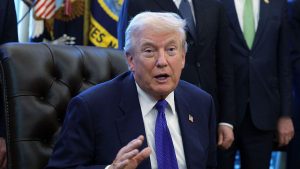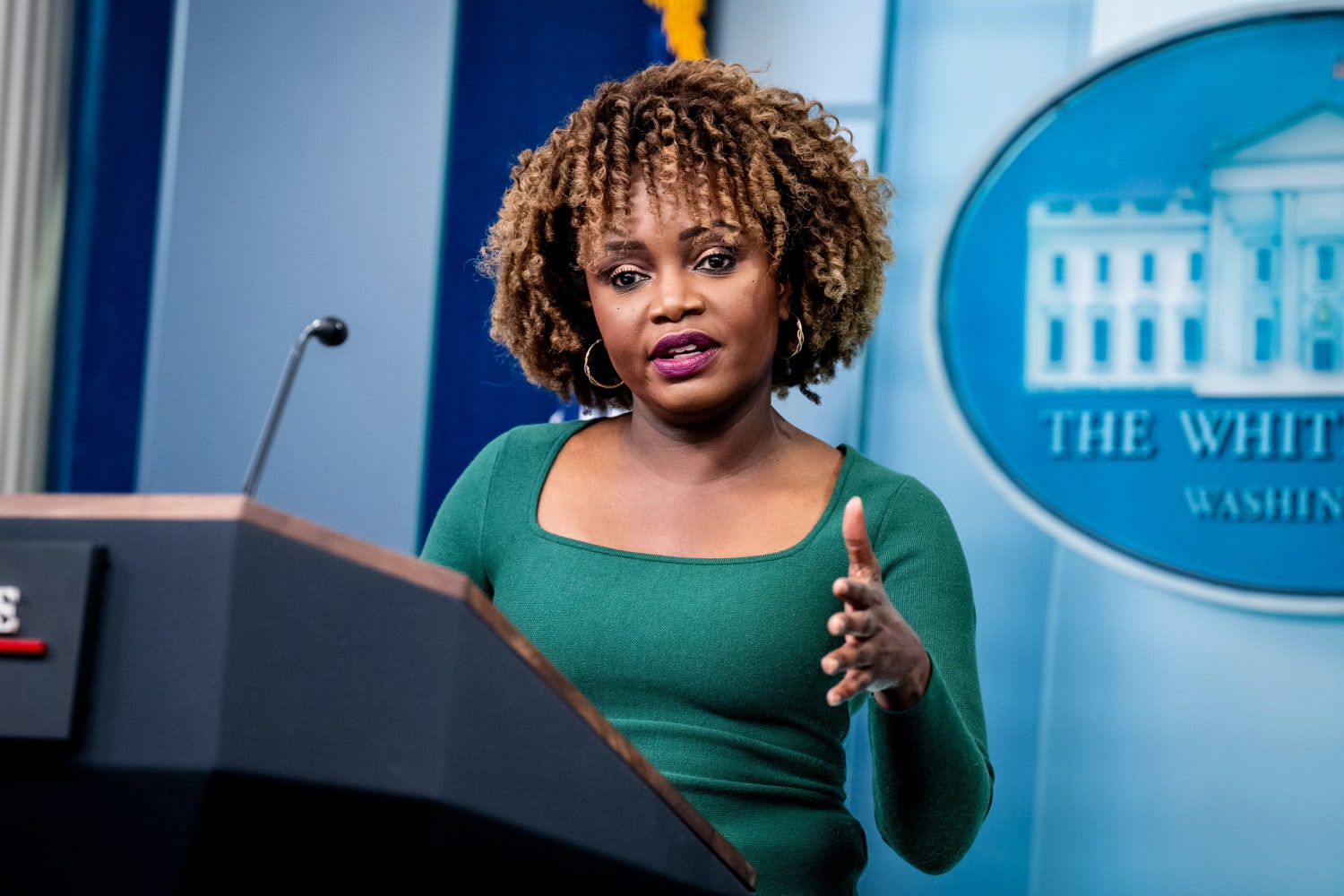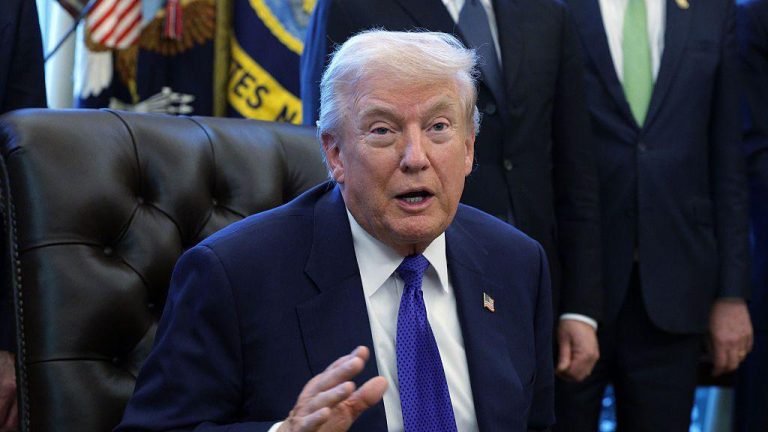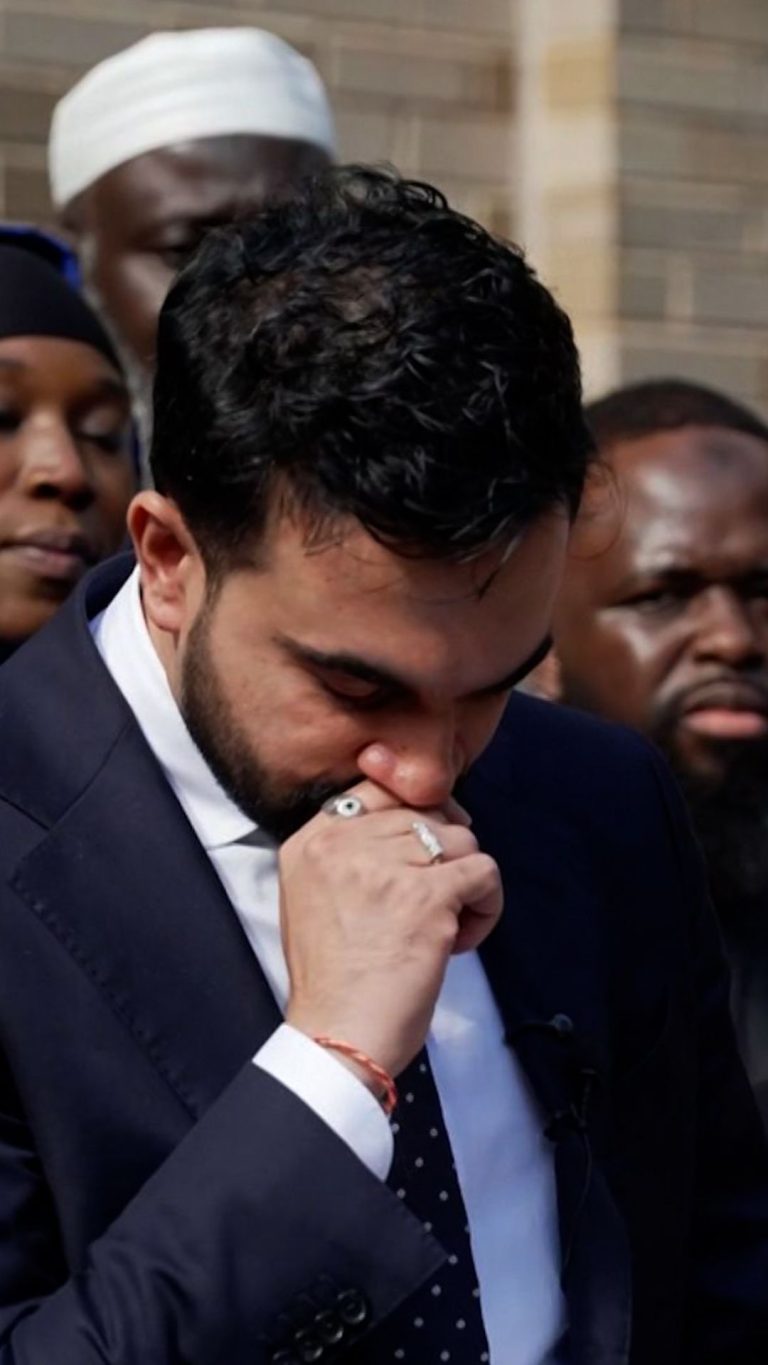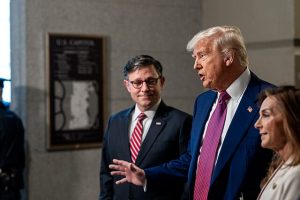A Familiar Face Returns to the Spotlight
Karine Jean-Pierre, who served as White House Press Secretary during the Biden administration, has reappeared on the media circuit in recent weeks to promote her book, Independent: A Look Inside a Broken White House, Outside the Party Lines. Marketed as an insider’s reflection on government and communication, the memoir has instead drawn widespread criticism — including from the very outlets that once offered her favorable coverage.
Jean-Pierre’s appearances across major networks were intended to frame her story as one of personal and political growth. Yet the reception has been markedly cool, with reviewers and interviewers alike questioning the clarity of her narrative and the substance of her claims. The result has been a rare moment of consensus among commentators from across the political spectrum: that the former press secretary is struggling to control her message.
A Book That Raises More Questions Than It Answers
Independent promises an “inside look” at the White House but has been described by several journalists as repetitive and vague. The book recounts Jean-Pierre’s experience as press secretary and her evolving relationship with the administration, but critics say it offers few concrete insights into how decisions were made or how internal tensions were handled.
Jean-Pierre writes that she became increasingly disillusioned with “partisan games” and sought to present an “unfiltered truth.” Yet reviewers note that her descriptions often stop short of specifics. Rather than naming individuals or identifying key disputes, the narrative leans heavily on broad characterizations and reflective language.
Several media analysts have pointed out the irony: a communicator by profession releasing a book that struggles to communicate clearly. One longtime political reporter remarked that “Jean-Pierre’s memoir reads like a press briefing without the questions.”
Media Interviews Take a Difficult Turn
While Jean-Pierre was known for her composure at the White House podium, her recent media appearances have drawn attention for a different reason — uneven exchanges that at times have seemed to unsettle her. During an interview on CBS Mornings, she faced gentle but persistent questions from Gayle King about contradictions in her book’s portrayal of the administration. Observers described her responses as hesitant, and social media reactions quickly followed.
The most widely discussed appearance came during a written Q&A with The New Yorker’s Isaac Chotiner, known for his probing interviews. The exchange highlighted Jean-Pierre’s reluctance to elaborate on claims that Democratic Party officials had “undermined” President Biden. When pressed on what she meant, she responded only that “there was an obvious campaign” — a phrase Chotiner revisited several times, noting the absence of detail.
Her repeated pauses and attempts to redirect the conversation drew comparisons to her time at the podium, when she often relied on prepared notes or deferred to other officials for answers. For critics, the interview symbolized a continuation of that cautious communication style; for supporters, it reflected her effort to maintain professionalism under aggressive questioning.
From Friendly Coverage to Tougher Critiques
What stands out most about the Independent media tour is not the controversy itself but the shift in tone among mainstream outlets. Publications that once treated Jean-Pierre’s role as groundbreaking are now openly scrutinizing her performance.
At Semafor, media reporter Max Tani observed that “the individual stumbling through this interview was until very recently one of the highest-ranking communications officials in the country.” The New York Times wrote that “White House press secretaries are supposed to know how to talk to the press. But that has not been evident this week for Karine Jean-Pierre.”
Politico described her book tour as “non-stop cringe,” while The Intelligencer’s Sarah Jones went further, writing that “it’s easy to make fun of Karine Jean-Pierre and her new book, but there’s something deeper about what her career represents — the tension between identity politics and institutional accountability.”
Such remarks illustrate a broader reckoning within media circles, as reporters reassess their approach to figures they once covered sympathetically. Some commentators see the criticism as overdue, suggesting that the press is only now applying to Jean-Pierre the scrutiny it routinely applies to others in government communications roles.
Revisiting a Controversial Tenure
Jean-Pierre’s tenure as press secretary was marked by a communication style that drew both praise and frustration. Supporters viewed her as steady and disciplined, emphasizing consistency and inclusivity in messaging. Detractors, including some within Washington’s press corps, argued that her responses often lacked depth and relied too heavily on prepared material.
She was the first Black and openly LGBTQ individual to serve as White House press secretary — a historic appointment that carried symbolic weight. At the same time, her approach to handling tough questions often became the subject of viral clips and online debate, particularly when exchanges appeared evasive or overly scripted.
Her critics now argue that these same traits have followed her onto the book tour, turning what could have been a rehabilitative media campaign into a renewed examination of her communication style.
The Broader Narrative: Media Self-Reflection
The reaction to Independent has also sparked a conversation about the media’s own evolving relationship with public officials. Analysts note that Jean-Pierre’s reception mirrors a pattern seen with other political figures whose treatment by the press changes once they leave office. In such cases, journalists often become more candid in their assessments, free from the institutional constraints of covering an active administration.
Several columnists have framed this as a form of delayed accountability. “When a spokesperson leaves government, there’s suddenly permission to say what everyone was already thinking,” one media scholar observed. The dynamic reflects an ongoing tension between access journalism — the need to maintain professional relationships with officials — and the desire for independent critique.
For Jean-Pierre, that shift has meant that commentary once reserved for private discussions is now being published in editorials and reviews. While none of the critiques have accused her of misconduct, many focus on her skill, substance, and credibility — areas that are often difficult for a public figure to reclaim once questioned.
Identity and Communication
Jean-Pierre’s defenders argue that much of the criticism directed at her intersects with broader cultural expectations placed on women and people of color in public-facing roles. They contend that her mistakes have been amplified because of who she is, not merely what she has said. Her supporters also note that press secretaries, by design, must balance transparency with message discipline — a balance that often leaves little room for spontaneity or vulnerability.
Still, even sympathetic commentators acknowledge that her recent performances have exposed the limits of her approach. The tension between authenticity and control — between identity and accountability — continues to define how audiences interpret her words.
Where She Goes From Here
Despite the rough start to her book tour, Jean-Pierre has continued to appear on major outlets and public events, signaling that she intends to remain a visible figure in political commentary. In recent interviews, she has emphasized her desire to “engage in honest dialogue” about polarization, suggesting that her experiences in the White House gave her insight into how government messaging can drift away from the public’s concerns.
Whether Independent succeeds commercially remains to be seen, but the broader impact of her reemergence is already clear: it has reopened debate about the role of communication professionals in shaping political narratives — and about the media’s willingness to challenge those narratives when they fall short.

James Jenkins is a celebrated Pulitzer Prize-winning author whose work has reshaped the way readers think about social justice and human rights in America. Raised in Atlanta, Georgia, James grew up in a community that instilled in him both resilience and a strong sense of responsibility toward others. After studying political science and creative writing at Howard University, he worked as a journalist covering civil rights issues before dedicating himself fully to fiction. His novels are known for their sharp, empathetic portraits of marginalized communities and for weaving personal stories with broader political realities. Jenkins’s breakout novel, Shadows of Freedom, won national acclaim for its unflinching look at systemic inequality, while his more recent works explore themes of identity, resilience, and the fight for dignity in the face of oppression. Beyond his novels, James is an active public speaker, lecturing at universities and participating in nonprofit initiatives that support literacy and community empowerment. He believes that storytelling is a way to preserve history and inspire change. When not writing, James enjoys jazz music, mentoring young writers, and traveling with his family to explore cultures and stories around the world.


